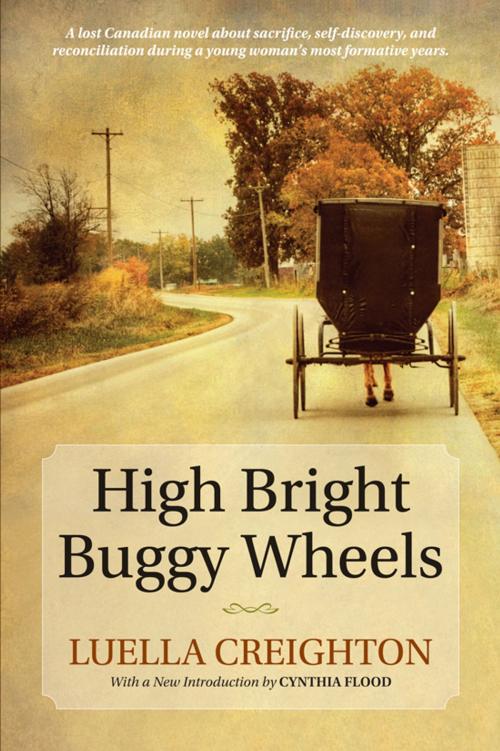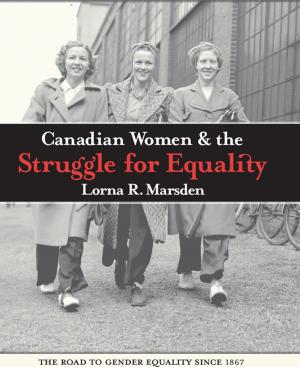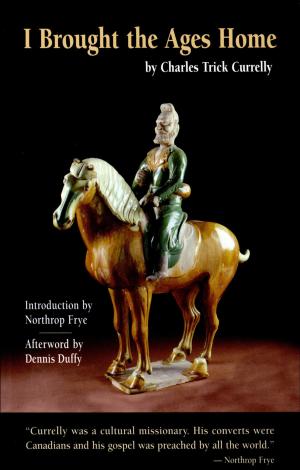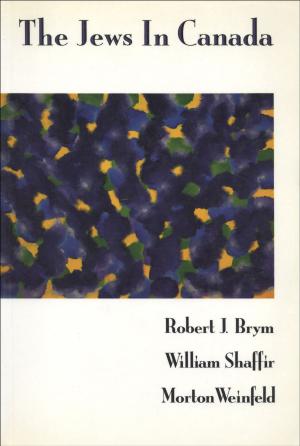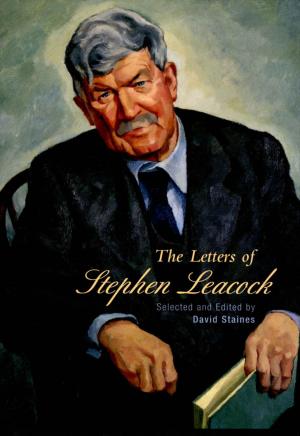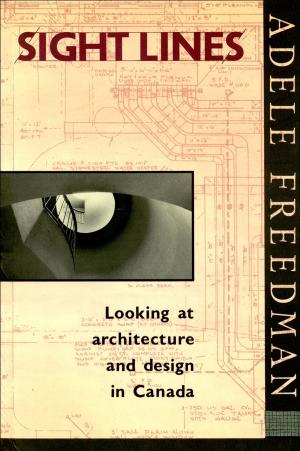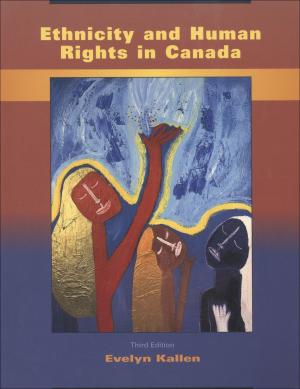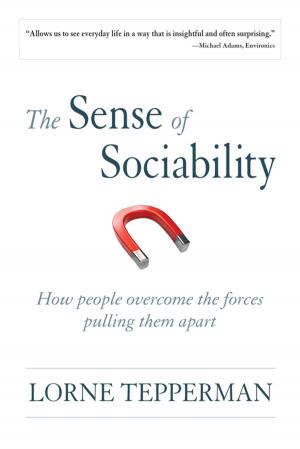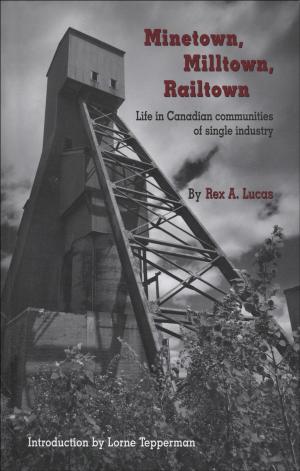| Author: | Luella Creighton | ISBN: | 9780199011353 |
| Publisher: | Oxford University Press Canada | Publication: | November 4, 2013 |
| Imprint: | Language: | English |
| Author: | Luella Creighton |
| ISBN: | 9780199011353 |
| Publisher: | Oxford University Press Canada |
| Publication: | November 4, 2013 |
| Imprint: | |
| Language: | English |
Eighteen-year-old Tillie Shantz is soon to be married to Simon Goudie, a spiritually intense young man from her Mennonite community in southwestern Ontario. When the young couple undergo their own transformative experiences, Tillie's interests start to wander to the outside world. Refusing one day to join her family at church, she stands alone, "feeling life tingle through her arms as she stretched them to some unknown compass point . . . in an ecstasy of well-being." Tillie wrestles with both the personal and spiritual consequences of her actions, eventually leaving the community to live in a nearby city, where she begins a forbidden relationship with a boy outside the Mennonite faith. Filled with heartbreak, tragedy, and loss, this is also a story of self-discovery and hope during a young woman's most formative years. Author Luella Creighton, wife of historian Donald Creighton, had one foot in the Mennonite community through her troubled relationship with her stepmother. She published High Bright Buggy Wheels in 1951, presenting a fascinating look inside the Ontario Mennonite community. Through characters who live insular yet spiritually connected lives, Creighton wonderfully depicts the deep sense of belonging and community underneath the arduous work and ongoing sense of distrust. Her writing can be considered a predecessor to the works of Miriam Toews, Barbara Smucker, and Rudy Wiebe. The Wynford edition is introduced by Cynthia Flood, award-winning writer and daughter of the author.
Eighteen-year-old Tillie Shantz is soon to be married to Simon Goudie, a spiritually intense young man from her Mennonite community in southwestern Ontario. When the young couple undergo their own transformative experiences, Tillie's interests start to wander to the outside world. Refusing one day to join her family at church, she stands alone, "feeling life tingle through her arms as she stretched them to some unknown compass point . . . in an ecstasy of well-being." Tillie wrestles with both the personal and spiritual consequences of her actions, eventually leaving the community to live in a nearby city, where she begins a forbidden relationship with a boy outside the Mennonite faith. Filled with heartbreak, tragedy, and loss, this is also a story of self-discovery and hope during a young woman's most formative years. Author Luella Creighton, wife of historian Donald Creighton, had one foot in the Mennonite community through her troubled relationship with her stepmother. She published High Bright Buggy Wheels in 1951, presenting a fascinating look inside the Ontario Mennonite community. Through characters who live insular yet spiritually connected lives, Creighton wonderfully depicts the deep sense of belonging and community underneath the arduous work and ongoing sense of distrust. Her writing can be considered a predecessor to the works of Miriam Toews, Barbara Smucker, and Rudy Wiebe. The Wynford edition is introduced by Cynthia Flood, award-winning writer and daughter of the author.
